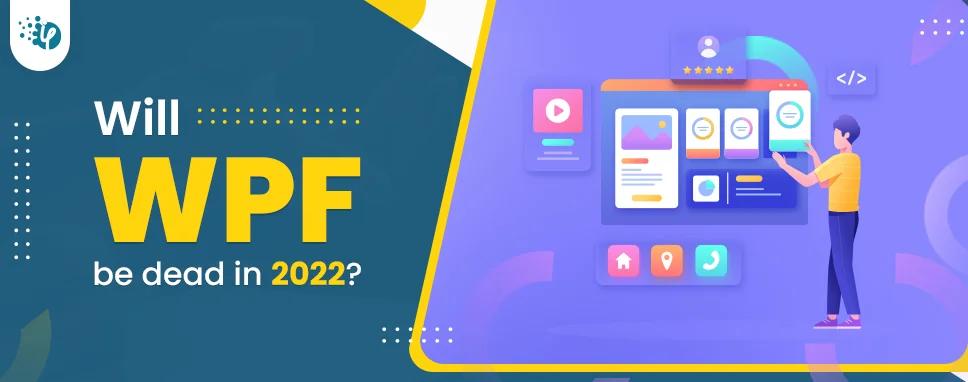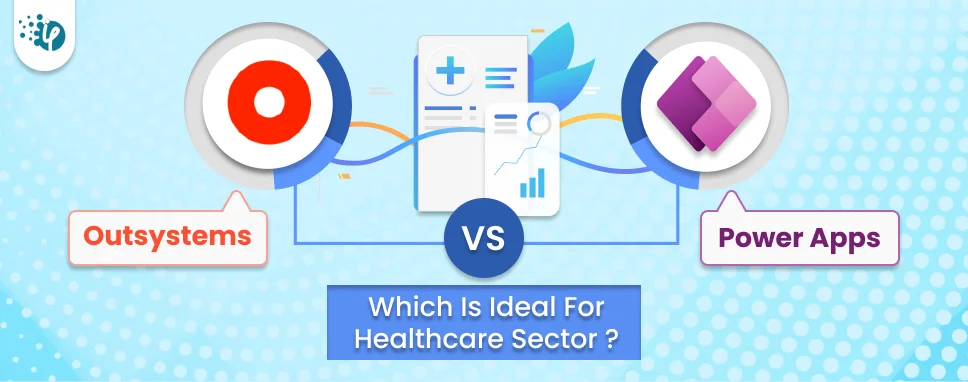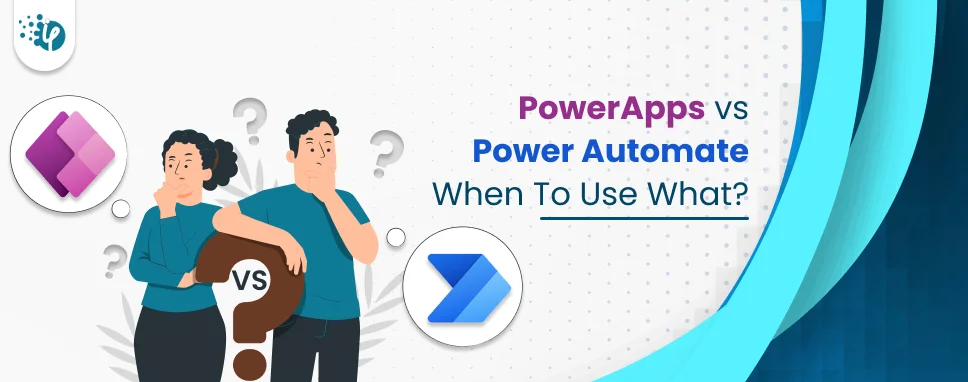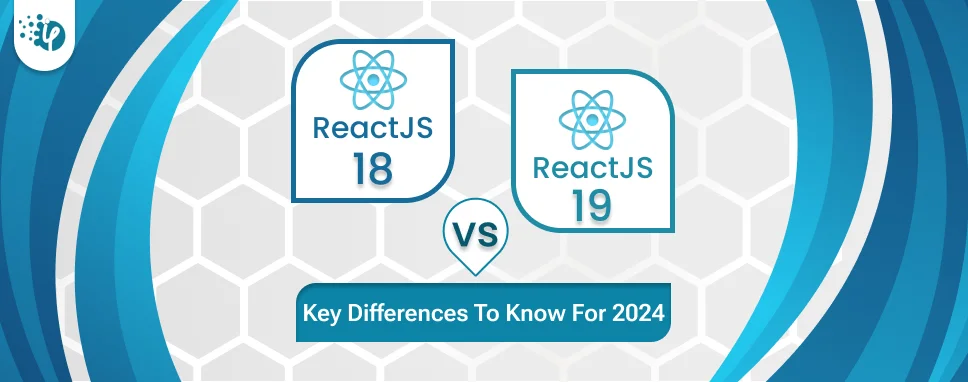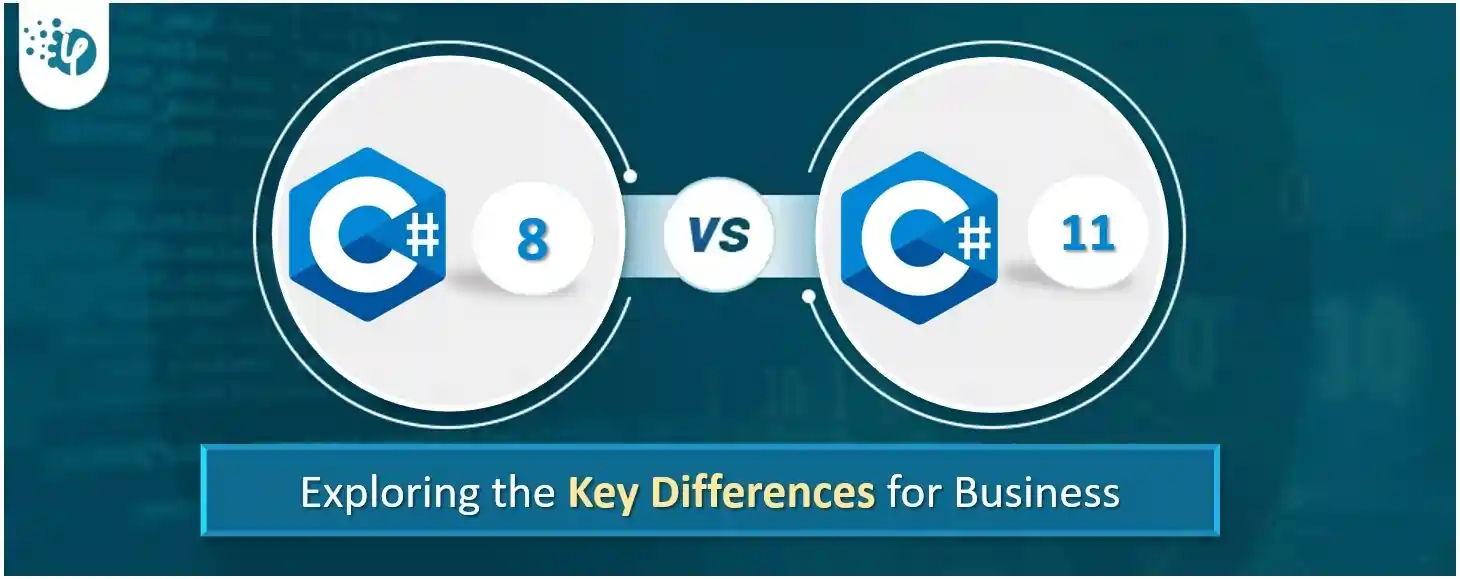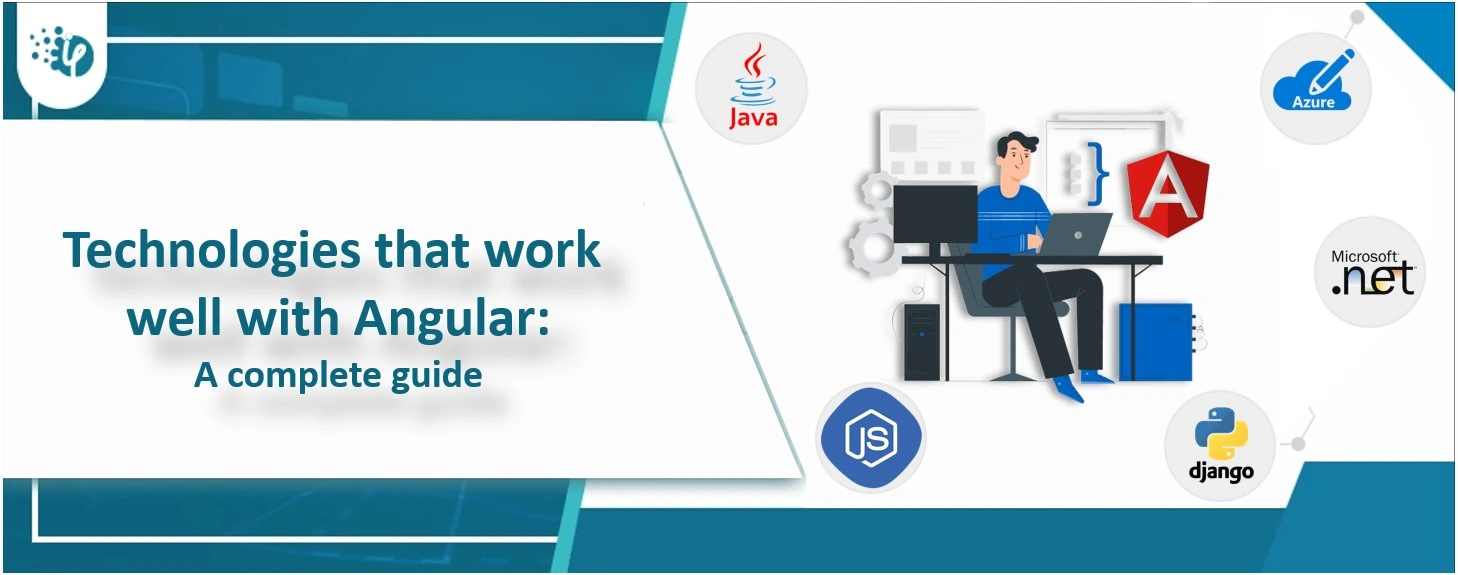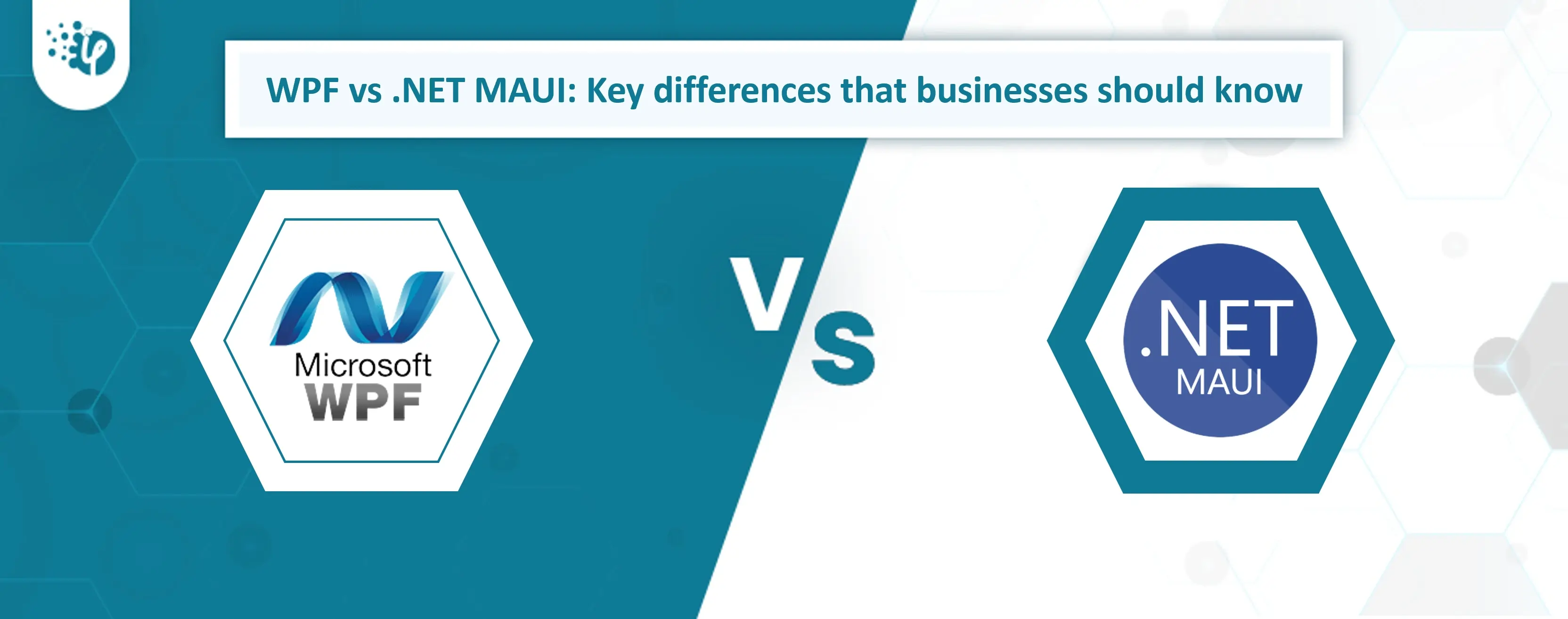Table of Content
WPF has been a terrific framework for desktop app development, with amazing capabilities that assist in UI creation. Not to mention WPF's invaluable contribution to desktop app development, particularly when it comes to rendering apps quicker. WPF offers features such as animation, 2D, 3D graphics, data binding, typography, styles, etc., and uses XAML (Extensible Markup Language) to define views declaratively.
WPF support added to .NET Core may not make much of a difference in WPF stability. However, it could have less modifications in future versions. Thus, we can say that there would be no WPF alternative but WPF can be an alternative depending on the project requirements. Be it what it may be, having a choice is always beneficial.
To learn more, let's take a close look at expert predictions about the future of WPF.
Microsoft has faith in WPF as a UI framework
“Most of the experts today believe WPF is dead. But I do not believe that WPF will be dead by 2024 considering that Microsoft has already announced plans to add WPF functionality to the .Net Core 3.0. This demonstrates that there would be no WPF replacement, and Microsoft still has faith in WPF as a user interface framework, and the company is still willing to invest in it by updating and integrating it with its new offerings.”
- Eric McGee, Senior Network Engineer at TRGDatacenters“Microsoft released WPF, WinForms, and WinUI on the same day it released.NET Core 3.0 Preview 1. Open source is a way for the community to contribute bug fixes and new features to the technology. Microsoft has shown that it supports open source by open sourcing WPF and that it cares about its future. Microsoft has not disclosed any files for the existing WPF implementation on GitHub, but it has reacted to a project named WPF for.NET Core. This definitely targets the.NET Core platform.
Microsoft 2024 Roadmap
Microsoft has set goals for WPF, 2024 indicating that it will be equal in performance and function to the.NET Framework, and that the goals will be achieved with the release of.NET core latest version. The roadmap of WPF in 2024 includes plans for ensuring that all components are available. They are also working on validating and merging community pull requests.
A community is developing.NET Core alternatives. Alternatives to WPF include:
- Platform Uno
- Avalonia
- Blazor
- Ooui
Future of Microsoft is robust but aging framework is in doubt
“The future of Microsoft's robust but aging WPF application development framework is in doubt. Though it has been around for over ten years, the technology still holds sway with some developers who are using its tools to create modern apps and websites for Windows 10 Mobile - which will soon become just another part behind closed doors at this point if you don't have access through Healthcare or enterprise agreements...but only time can tell!”
- Stewart McGrenary, Director of Freedom Mobiles“I would say both Yes and No. Here is why:
I think WPF will be dead in 2024 because its framework no longer supports new development, and Microsoft is pushing hard for a new cross-platform development framework, including the UNO platform and Xamarin. Electron is also more progressive compared to UWP. Moreover, several platforms such as VCL (Visual Component Library) can be the best alternative to WPF.
However, some industries still rely on WPF concepts and tools like XAML & MVVM to develop futuristic web, mobile, and desktop applications. None of Microsoft’s GUI frameworks ever really die. And there is no indication of a WPF support end date anywhere. WPF has top-notch performance, with a high level of customization, and if you aim for Windows, both WPF is critical. Caliburn and ReactiveUI prove that WPF still has a rich ecosystem around it, and it is here to stay. If you want to start a new project outside that niche, then WPF won’t be the right choice. Probably stick with Electron or UWP.”
- Harriet Chan, Co-Founder of CocoFinderRead More: A simple guide on WPF RelativeSources
We will never see the next version of WPF
“It’s interesting to think that we will never see the next version of WPF. Evan Hafer, an architect who worked on XAML design at Microsoft (and now works for Google), recently responded to a question “Is WPF dead?” by declaring, “We're not going into Windows 11 just because it's time-based and there needs less code maintenance.' He also says how they wanted developers working simultaneously across all platforms instead of focusing solely on one platform, which probably explains why everyone is excited about UWP development!”
- Saskia Ketz, CEO of MojomoxIt may indeed get phased out eventually
“The WPF's goal in user interface and graphics rendering in the .NET Framework 3.0 release is to provide a windowing system for the desktop environment on Microsoft Windows. This does not mean it will be reaching end of life anytime soon, but since its usefulness will depend entirely on its compatibility with new versions of the operating systems, it may indeed get phased out eventually.
It's hard to say whether something going unsupported means that it'll die over time. For instance “Is XAML dead?”. We cannot say facts on this. However, WPF provides a lot of functionality for both visual UI design and display purposes that few other technologies offer these days which also makes this question sort of moot.”
- Robin Brown, CEO at VIVIPINSPlanning to hire WPF App development company?
Microsoft doesn’t need to be promoting non-mobile and non-cloud technology
"The future predictions of WPF are uncertain. WPF would be dead in 2024 because Microsoft doesn’t need to be promoting non-mobile and non-cloud technology. But WPF might be alive in that sense if it’s the best solution for fulfilling specific customer needs today rather than believing WPF deprecated completely. Therefore, having a hefty desktop application needs to run on Windows 7 PCs with IE 8. While we initiated developing this application, the budget to do it in JS/HTML5/CSS provided the maturity of the tools, compared to WPF, made it an apparent preference."
- Stephen Curry, CEO of CocoSign
Is WPF outdated in 2024?
Moving over the technology landscape in 2024, one common query arises: "Is WPF outdated in 2024?" As we delve into this question, we can't ignore the buzz surrounding "WPF end of life" discussions. However, let's be clear that while WPF might not be actively receiving new feature updates, it's far from obsolete, making it a steady choice for contemporary application development.
Now, addressing the query "Is WPF still used?"—the answer is a resounding yes. Though not in the limelight for radical changes, WPF's practicality endures. In comparing WPF vs WinForms the debate shifts towards understanding their distinct strengths. WPF's forte lies in crafting visually striking user interfaces, thanks to its vector-based rendering and robust styling prowess, distinguishing it from WinForms.
Now, about WPF's relevance. The essence here isn't whether it's used, but whether it's "still relevant." Evaluating this perspective emphasizes the importance of aligning technology with project specifics. In the realm of "WPF modern UI," the term might evoke newer technologies, but WPF boasts the ability to create sleek user interfaces that resonate with modern design principles, attributed to its XAML-based approach.
Summing it up, 2024 doesn't mark WPF's "end of life." The discourse around "is WPF still relevant" resonates with the reality that it's not just about staying "used," but staying effective. Amidst "WPF end of life" discussions, it thrives as a relevant framework choice, its robust features and potential for crafting "WPF modern UI" experiences underpinning its resilience. Before brushing it aside, ponder its capabilities and how well they harmonize with your development endeavors.
Is React a Viable Alternative to WPF?
"As an experienced technology enthusiast, I've observed some applications developed using WPF could be transferred to JavaScript. WPF stands out as the preferred choice over JavaScript or browser technologies. These include applications requiring native performance, 64-bit memory addressing, and robust multi-threading capabilities to leverage all client cores effectively. Besides, WPF offers benefits like quick app development, Extension support for test driven development, powerful multi-threading with C#/.NET, and many more."
- Vinod Satapara, Director @ iFour - A leading Power BI consulting company
Top 5 WPF alternative
- Xamarin (2011 – 2024), a Cross-platform C#/XAML app development framework that seamlessly helps with mobile app and desktop app development.
- Avalonia (2011 – present), a C#/XAML based open-source platform
- WinRT (2012 – 2015), a top competitor for WPF that is inclusively based on Microsoft Windows 8.
- Flutter: It is a Dart-based cross-platform framework used for custom mobile application development.
- React (TypeScript): This is JavaScript based leading library that assists with cross platform application development.
Conclusion
WPF was formerly a preferred alternative for Windows and desktop app development. As we all know, while new technologies arise, the relevance of existing technology declines unless it is impactful. WPF support in .NET Core may not make a rapid change in WPF stability. However, subsequent versions may have fewer changes. In this blog, we have taken a close look at expert predictions for WPF's future. It will assist you in understanding the stability of WPF Future and its platform.













